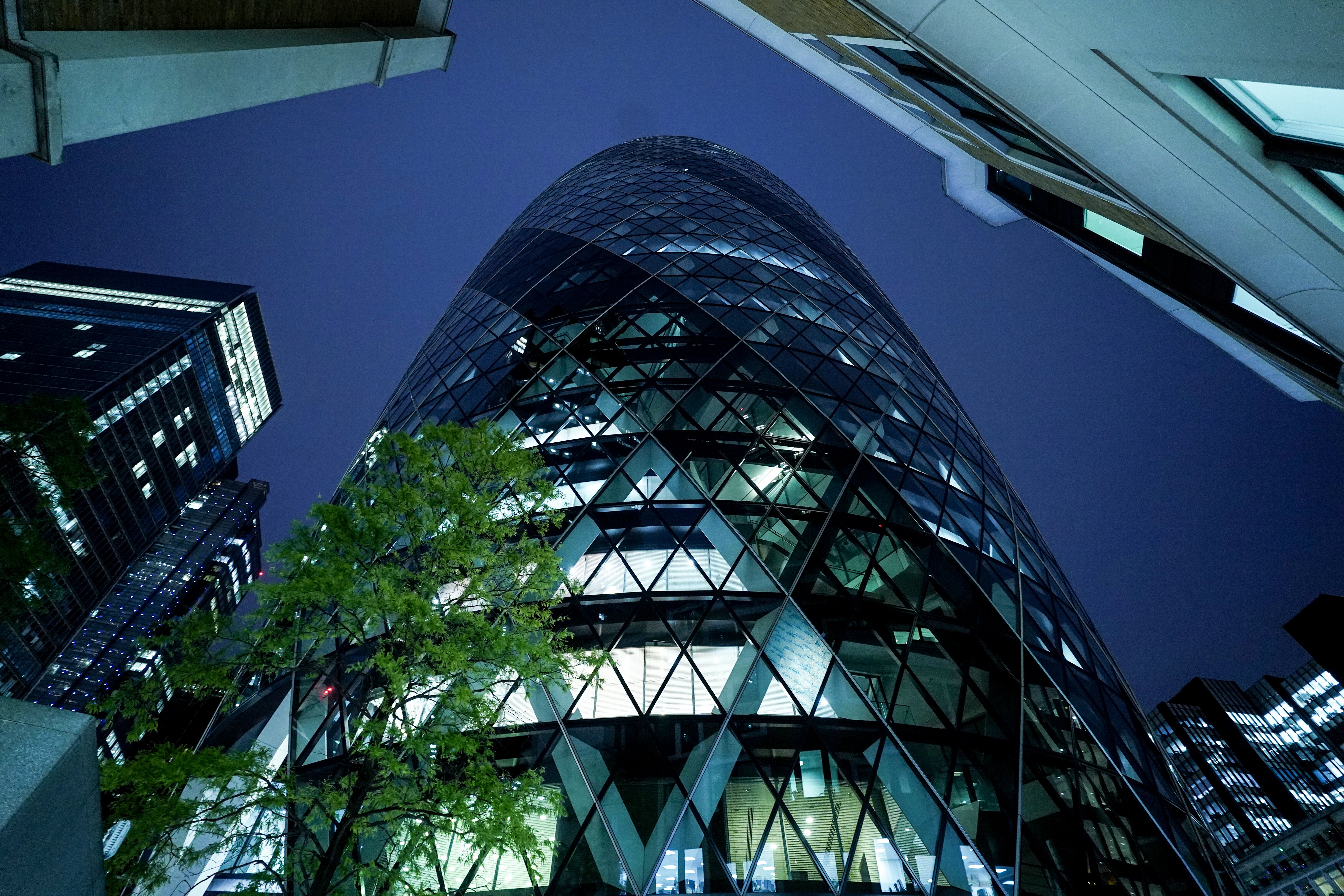Fewer investment funds underperforming
Bestinvest ranks funds that underperform across three years against the market they operate in.

The number of investment funds that performed significantly worse than the market has almost halved in the last six months, according to a study.
Online investment service Bestinvest identified 77 so-called dog funds in its latest report.
It is a drop from the 150 funds that the company listed six months ago.
HBOS which is owned by Lloyds Bank, was the provider with the largest amount of customers’ money invested in these funds.
It means HBOS knocked Invesco off its perch at the bottom of the pile, a dubious honour it had held in six of the biannual reports until now.
HBOS had £6.85 billion of its investors’ cash in five of these underperforming funds, while Invesco had £5 billion in three.
St James’s Place had £3.92 billion across four funds and Scottish Widows had £2.73 billion in four funds.
There are seven funds with more than £1 billion in the latest list, managed by HBOS, Scottish Widows, St James’s Place, Fidelity and Abrdn.
To get into the Bestinvest list, funds must have given their investors worse returns than the markets they invest in for each of the last three years.
This roots out any unlucky funds and leaves only consistent underachievers.
The funds must also have underperformed their markets by at least 5% across the three-year period.
In most cases, soaring markets have masked the fact that the decisions made by the managers of dog funds have actually detracted from the returns their investors might have received
Bestinvest said two of the funds it examined had underperformed by 49%.
Managing director Jason Hollands said: “In most cases, soaring markets have masked the fact that the decisions made by the managers of dog funds have actually detracted from the returns their investors might have received. Such funds represent poor value for money given the fees investors have paid.
“But, on a more positive note, the latest report does show a sharp fall in the number of dog funds since our last edition. In a large part this is down to a much better period for managers who target cheap, undervalued shares rather than high growth companies.”
Bookmark popover
Removed from bookmarks